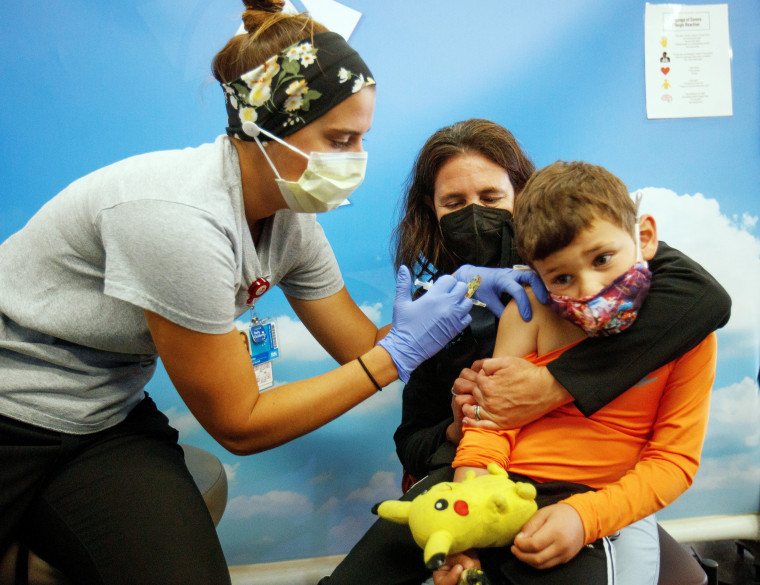For Dr. Alejandro Cané, his role in helping make Covid-19 vaccinations a reality — most recently for children — is not only a professional capstone, but also personal.
“As a father of four with different ages 11 to 18, I can tell you that my youngest one is still wondering why he’s not vaccinated," he told NBC News recently, "and now he will be vaccinated soon.”
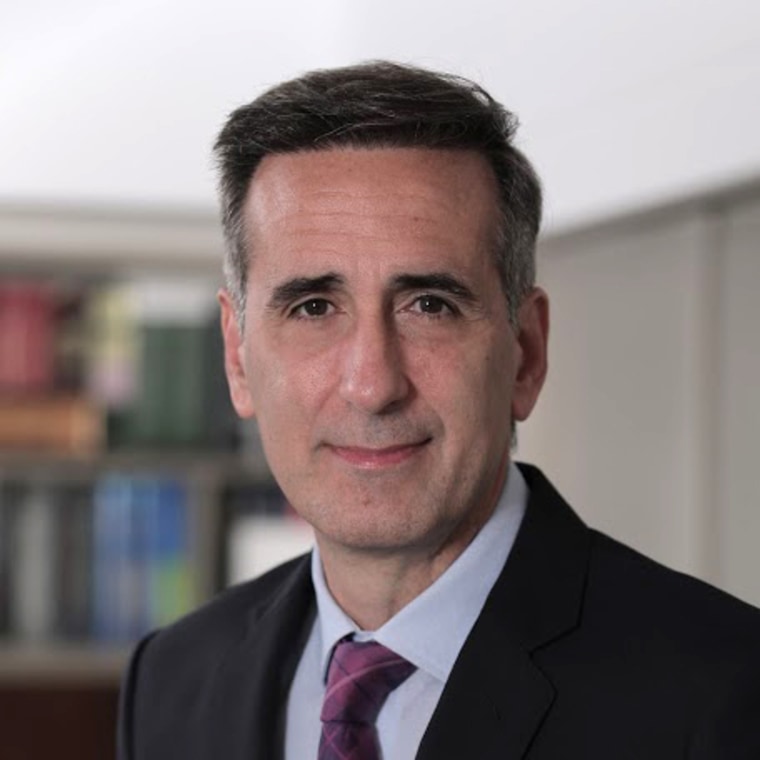
Cané is the chief medical and scientific affairs officer for North America in Pfizer's vaccines division, one of a group of Latinos who have played key roles at Pfizer in Covid vaccine development and community outreach. This includes a lower-dose of the vaccine newly made available for children ages 5 to 11.
The Covid pandemic has hit the Latino community particularly hard, and data from the nonprofit health equity advocacy group Salud America! shows Latinos lead in the 0-24 age group for Covid deaths — 35 percent compared to 25 percent among African Americans, and 32.3 percent for non-Hispanic whites.
Some 4,500 children participated in 90 clinical trials to test the safety and efficacy of the Covid vaccine and of those, 21 percent were Latino youngsters, according to Pfizer. Researchers reported no serious adverse reactions, including no cases of severe allergic reactions, blood clots, myocarditis or anaphylaxis.
"It demonstrated the same level of efficacy and safety as we’ve seen in the adults and we did the same research," said Cané, a native of Argentina. "All the data we have generated support the use of this vaccine and puts us closer to finally getting out from the pandemic."
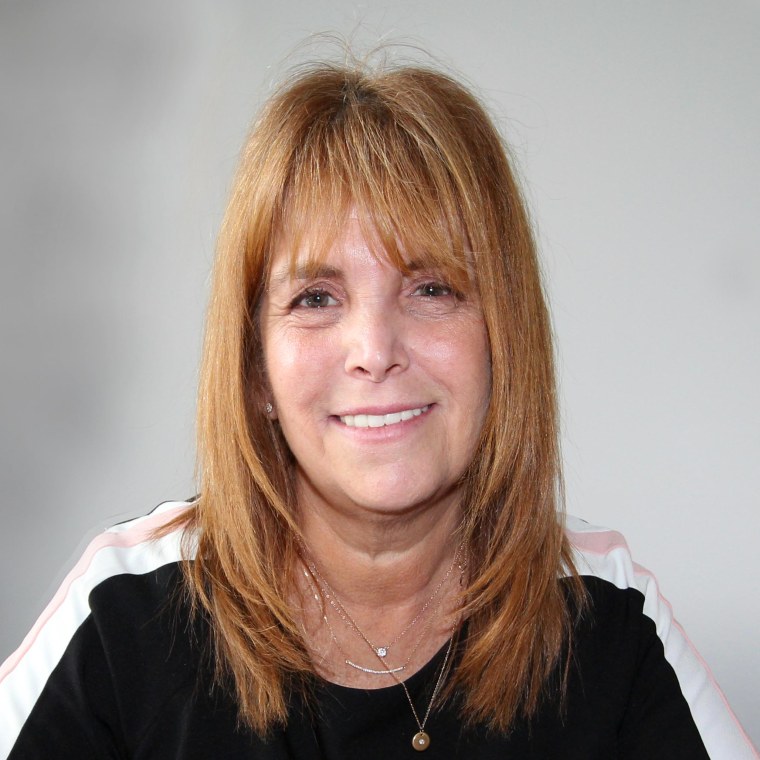
Dr. Alejandra Gurtman, vice president for vaccine research and development at Pfizer and also originally from Argentina, has been working for 16 years on vaccine development. An infectious diseases expert with more than three decades of experience in the field, she decided to shift her focus to work on infectious diseases prevention after many years of taking care of sick patients.
“We know that the minority population has been much more affected that any other community, and the same with children. It’s a disproportionate number of children with Covid who are minorities, including Latinos," she said.
Protecting children — and their relatives
“The risk for Covid-19 for kids is serious — it might just be a mild disease in a high percentage of kids, but it can be very serious in others,” said Dr. Luis Jodar, chief medical officer in Pfizer's vaccines division.
There are wider benefits to vaccinating children, he said, that extend beyond the protection the shots offer.
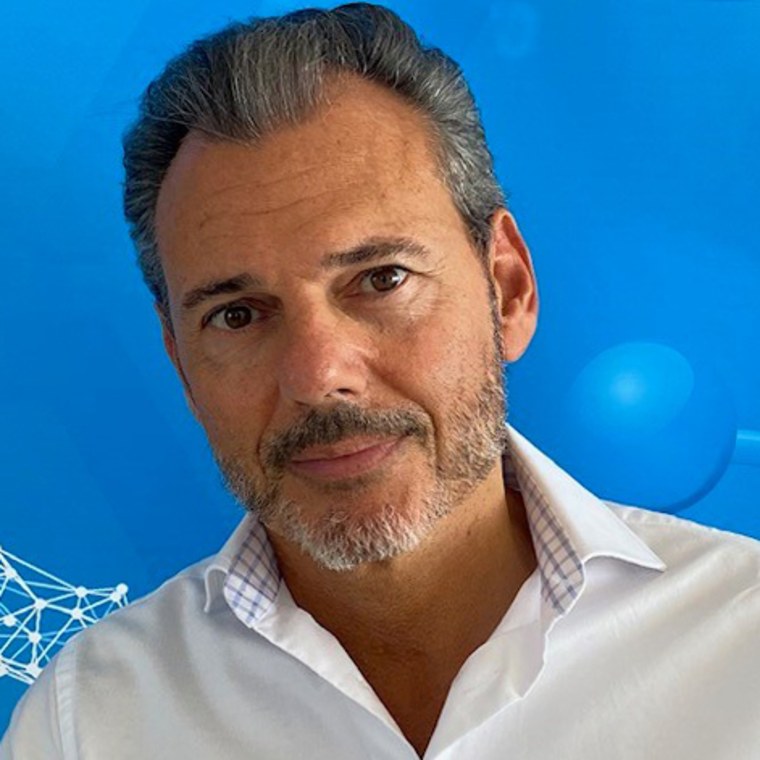
“There has been a surge, a worsening of the emotional and health conditions for many kids during the pandemic,” Jodar said. These include the massive school closures, the decrease in physical activity and its effects on health outcomes, including obesity, and the decrease in routine health care visits for children, including fewer immunizations.
Being able to reverse many of these setbacks by giving children Covid shots, he said, "makes you realize the benefits of vaccination."
A greater number of Covid infections in the wider community could be prevented by vaccinating a larger number of children, researchers with the Kaiser Family Foundation found. Vaccinating as many children as possible will also enable the reduction of transmission from kids to other vulnerable adults and children, Jodar stressed, helping to control the pandemic.
Boosting equity
"Vaccines are probably the health intervention tool that most guarantees equity," said Jodar, a native of Spain who has worked on vaccine development for 25 years, including in developing countries and in Latin America. "We had a clear intent to include different ethnicities in all our clinical trials.”
Nanette Cocero, PhD, a native of Puerto Rico and global president of Pfizer's vaccines division, has been with the company for 20 years and has been focusing on issues related to vaccine access and equity.
“A big motivation for me working in this industry is the role we can play in improving the health of communities who have been too often left behind in public health efforts," she said. "We know that communities of color have been disproportionately impacted by Covid-19.”
Cocero heads up a group of more than 1,500 people who comprise the vaccines business unit. “This has included the critical responsibility of leading conversations with governments in order to ensure supply agreements are in place that allow access to the vaccine around the world,” she said.
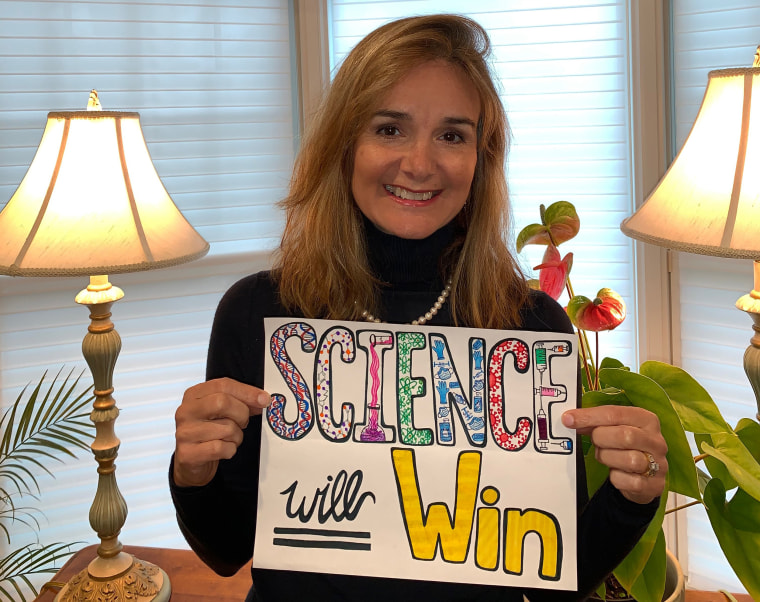
In the United States, the Covid-19 Vaccine Education and Equity Project, which Pfizer supports, includes more than 200 provider and patient advocacy organizations that focus on vaccine education, equity and access. While there are still issues of vaccine access around the globe, Cocero said Pfizer pledged to provide 2 billion doses to low- and middle-income countries this year and next.
While the vaccine for ages 5 to 11 is now available, clinical trials for the younger children continue. Jodar said they expect the data for ages 2 to 5 by the end of this year, and for ages 6 months to 2 during the first quarter of next year.
Gurtman said that parents shouldn’t be hesitant to vaccinate their children.
“I’ve been working in a company that has been doing vaccine development for more than 100 years, so we know how to do this. We didn’t cut any corners,” she said. “All the pieces were there to really move as fast as we could: the Pfizer vaccine experience development, the partnership with BioNTech, and the fact that we were in a pandemic and the need was so huge.”
"It's amazing"
Aside from reassuring the public about the vaccines' safety, the doctors and business leaders reflected on being a part of history.
“As a member of the Latino community, I feel extraordinarily privileged,” Jodar said, “part of the team that has made these vaccines widely available, not only in the United States but around the world.”
“I am so proud to be part of the team that medically changed the way the pandemic evolved,” Cané said, "how people could rely on science to win the battle against the disease.”
Gurtman described her work helping develop the vaccine as one of the most important moments of her professional life.
“It’s been a privilege to be so involved from the very beginning and with all age groups," she said. "It’s hard to put into words. It’s amazing."
Follow NBC Latino on Facebook, Twitter and Instagram.
